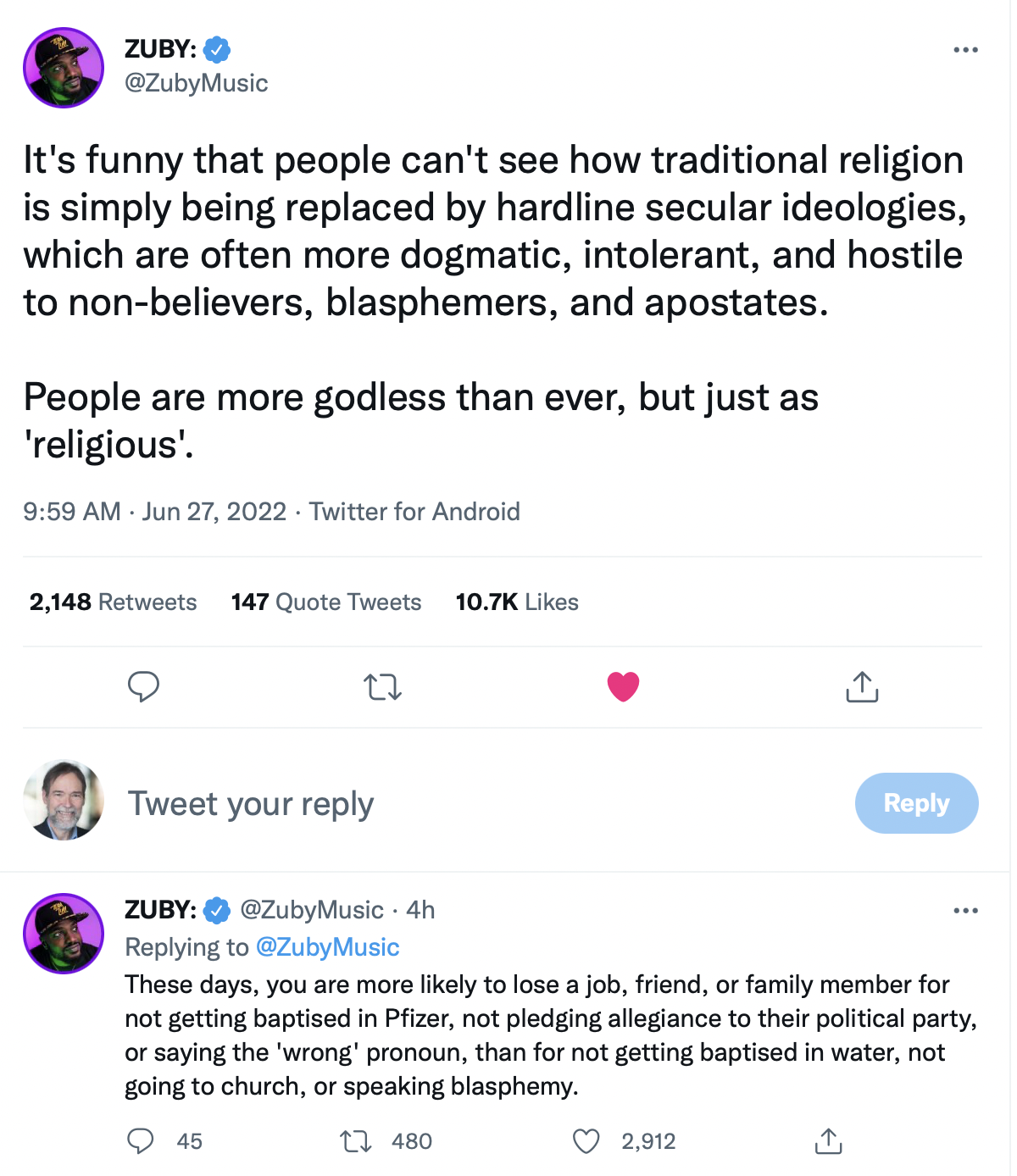Banning Gas Stoves is Now a Priority for Some
The federal government is considering a ban on gas stoves.
Three points.
1. They will need to pry my gas stove from my cold dead hands.

2. Do you really want to shut down all the restaurants that use gas to cook, including my favorite little stir fry take-out place at the end of my block.
3. If you are REALLY worried about particulates, don't read Sam Harris' article about the dangers of fireplaces (link in the comments). Here's an excerpt:
It seems to me that many nonbelievers have forgotten—or never knew—what it is like to suffer an unhappy collision with scientific rationality. We are open to good evidence and sound argument as a matter of principle, and are generally willing to follow wherever they may lead. Certain of us have made careers out of bemoaning the failure of religious people to adopt this same attitude.
However, I recently stumbled upon an example of secular intransigence that may give readers a sense of how religious people feel when their beliefs are criticized. It’s not a perfect analogy, as you will see, but the rigorous research I’ve conducted at dinner parties suggests that it is worth thinking about. We can call the phenomenon “the fireplace delusion.” . . .
Here is what we know from a scientific point of view: There is no amount of wood smoke that is good to breathe. It is at least as bad for you as cigarette smoke, and probably much worse. (One study found it to be 30 times more potent a carcinogen.) The smoke from an ordinary wood fire contains hundreds of compounds known to be carcinogenic, mutagenic, teratogenic, and irritating to the respiratory system. Most of the particles generated by burning wood are smaller than one micron—a size believed to be most damaging to our lungs. In fact, these particles are so fine that they can evade our mucociliary defenses and travel directly into the bloodstream, posing a risk to the heart. Particles this size also resist gravitational settling, remaining airborne for weeks at a time.

